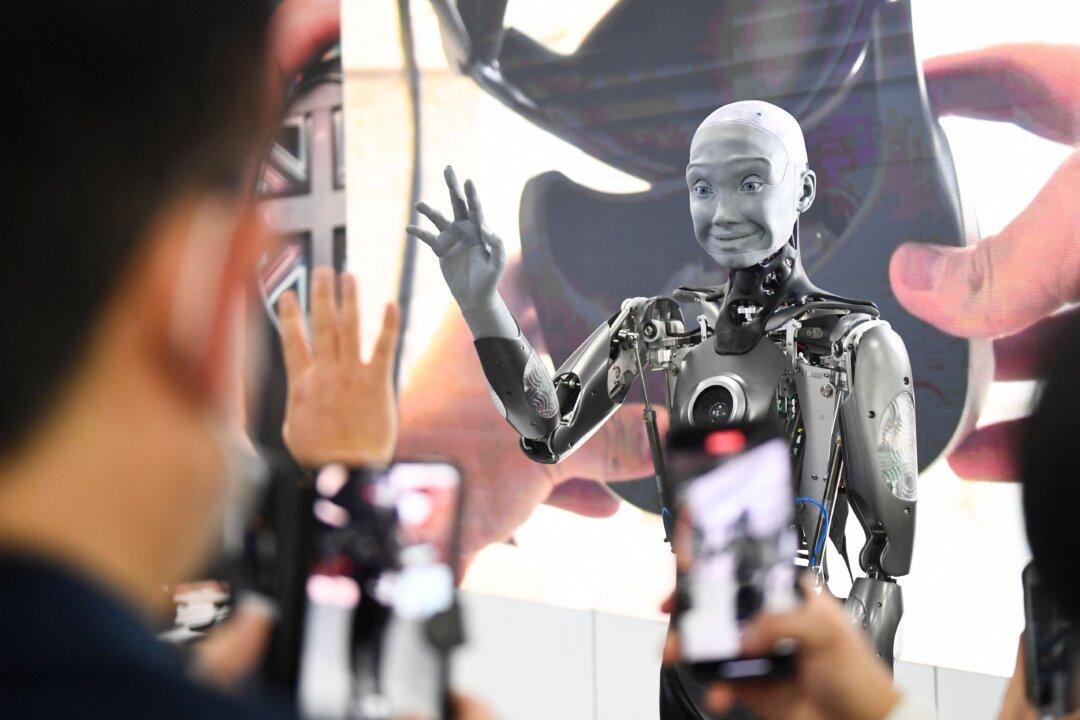The United States Copyright Office’s review board has rejected a second request by Dr. Stephen Thaler, founder of Imagination Engines, to copyright a work of art that was created by an artificial intelligence (AI) system, concluding that it failed to have any “creative input or intervention from a human author.”
The two-dimensional artwork is titled “A Recent Entrance to Paradise” and was created by an AI, which Thaler, who majored Summa Cum Laude in Chemistry, Physics, Mathematics, and Russian at Westminster College, refers to as the “Creativity Machine.”




